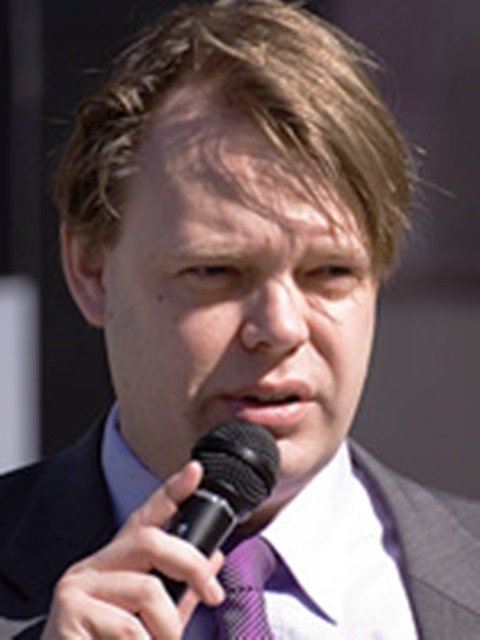Snowden and bitcoin: The 2 trends that really matter in 2013

Summarizing 2013, Edward Snowden and the NSA don't show up in the top 10 Google search results, which instead look suspiciously like a tabloid year-in-summary with "Harlem Shake" and "Royal Baby." This is expected.
Snowden's revelations were not the end of the endemic surveillance state, but the beginning of questioning it.
As Google publishes its most-sought-after terms of 2013, "Edward Snowden" appears in place #97, one location below "Bitcoin" and three above "Batkid", and far below searches like "Grand Theft Auto Cheats" at #35.
This is a reflection of society at large on many levels. As the surveillance state was being rolled out, those who understood technology and understood what was going on were sounding the alarms, but they fell on largely deaf ears. We were talking of hypothetical scenarios, what the tools being procured could be used for, how the surveillance laws being enacted could be unspeakably abused.
We were dismissed out of hand by reporters and other people alike, being derogatorily labeled as the alarmist tinfoil-hat brigade.

With the data in hand, however, it turns out we had been severely underestimating the surveillance being rolled out five or six years ago. It was far worse than our worst-case scenario. We know this thanks to Edward Snowden and other whistleblowers.
And yet, his name is not one of the 10 most sought-after in 2013, appearing merely as a footnote to the history of the year. He was merely as important for future developments and future society-building as bitcoin, judging by the mindshare of his name in world events. Yet this is what gives us hope.
Bitcoin is going to disrupt every power structure there is in society today. It is going to end the say-so of the oil baron heirs of the 1800s, it is going to end the United States' economic dominance and its reserve currency, and it is going to streamline the economy to end many of the scale advantages that large corporations have held, decentralizing the entire worldwide economy.
Bitcoin is going to change society to a larger extent than the Internet. But this won't be obvious in 2013, or 2014, or even 2015. It is going to be felt in 2025, and obvious in 2035. In the same way, the legacy of Edward Snowden's whistleblowing on the surveillance machine won't be obvious in 2013 or 2014.
What has happened, though, is that editorials and columns have started shredding all the dangerous clichés - "nothing to hide, nothing to fear"; "they'll never care about you"; "it's just about terrorism". As these dangerous and dishonest clichés get challenged constantly and consistently, we're seeing a shift in mindset toward questioning the surveillance machine - and even calls for scaling it down and abolishing it.

We're also seeing the other aspect of that sentiment, calls to honor and respect the civil liberties that were built during the Renaissance, centuries ago. There is no reason these civil liberties shouldn't carry over into the shift to digital communications, after all.
Just like bitcoin, the effects of this shift in sentiment will take a decade or more to be felt in everyday life. But something has happened: the pendulum of mass surveillance has started to swing in the opposite direction.
While it's a heavy pendulum that will take a lot of time to swing back, the sentiments enabled by Snowden have been instrumental in changing the course of history. Like when changing the course on any large ship, it will take time to notice the real effects.
The other alternative, judging by the data at hand, is that Edward Snowden was about as important as Batkid: a flash in the pan of entertainment that we forgot the week after we saw it. Such a turnout would spell very bad news for the road ahead: an entrenched surveillance state takes decades if not centuries to undo.
The statements, views and opinions expressed in this column are solely those of the author and do not necessarily represent those of RT.
The statements, views and opinions expressed in this column are solely those of the author and do not necessarily represent those of RT.













